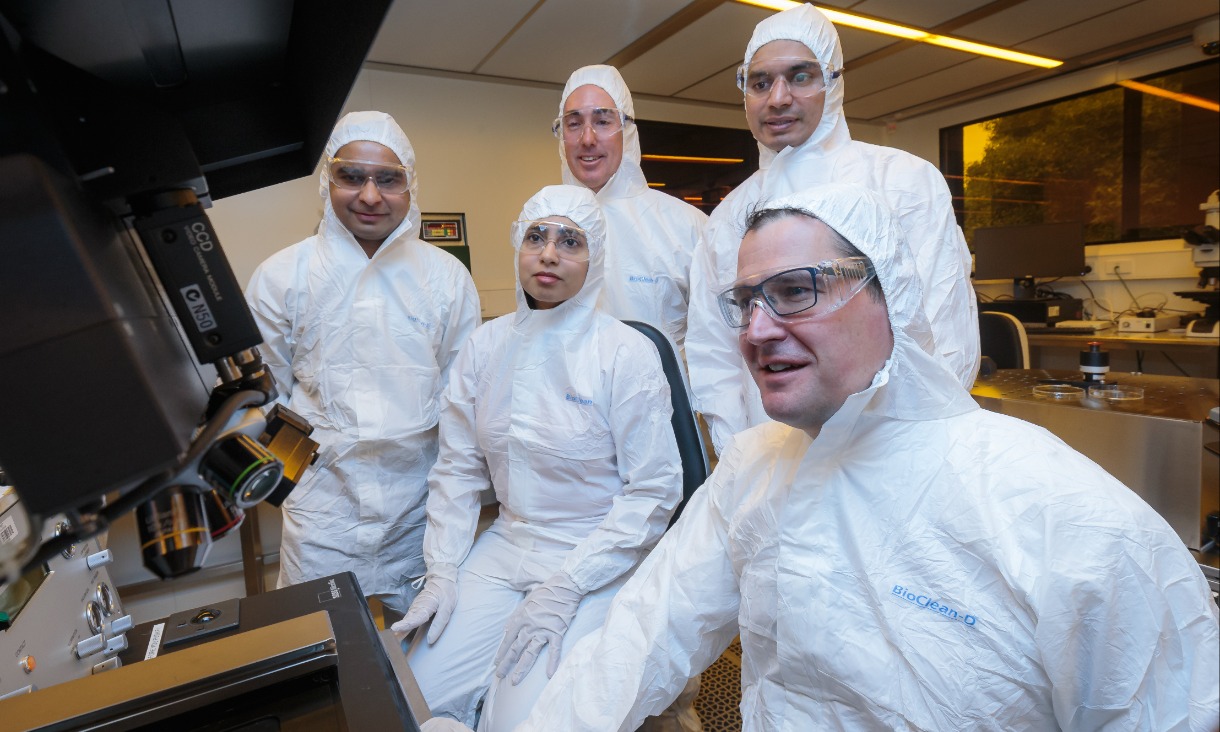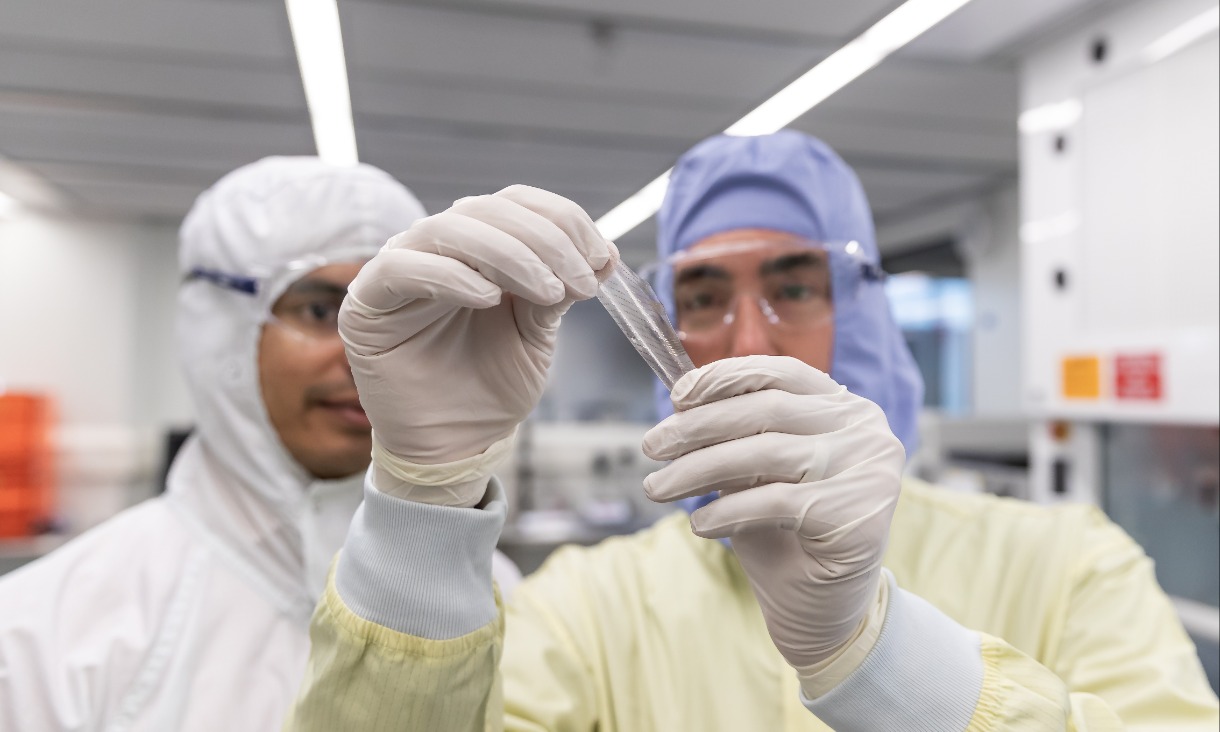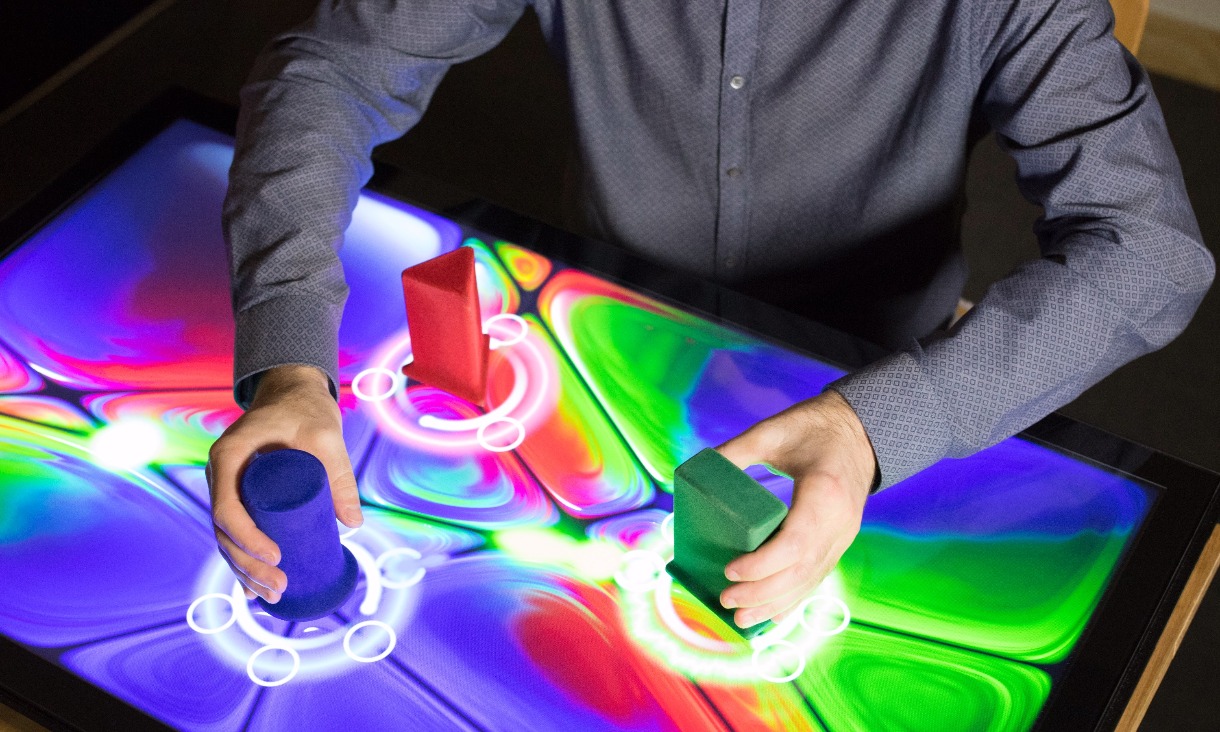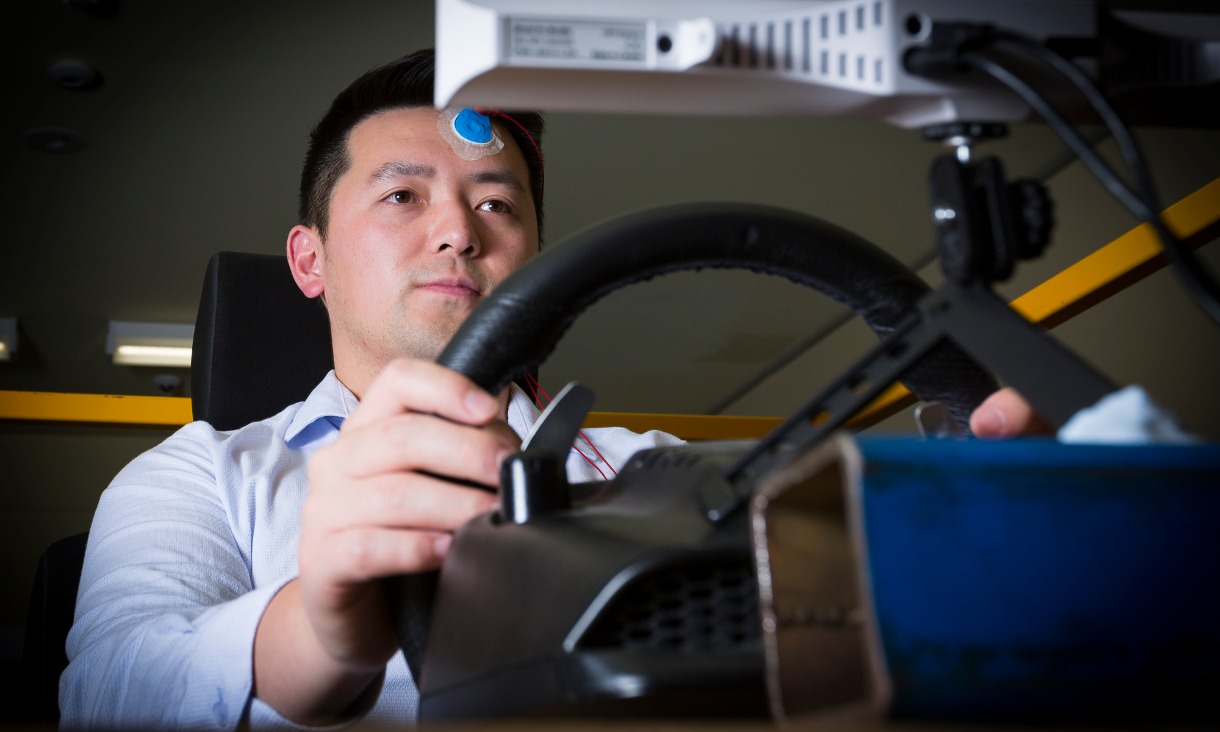Five ways junk food changes your brain
We know junk is bad for us, but we eat it anyway. RMIT neuroscientist Dr Amy Reichelt explains why junk foods are refined to hit you right in the sweet spot – your brain.
New partnership in health innovation connects Australia and Spain
Innovative therapy to assist with brain injury rehabilitation is extending to Spain as part of a new agreement between RMIT and one of the country’s largest teaching hospitals.
Dry zones and other temperance hangovers
Anti-alcohol measures like dry zones are not just a part of history: their legacy continues to feed into our approach to urban planning today.
Snooze mobiles: how vibrations in cars make drivers sleepy
New research has found the natural vibrations of cars make people sleepier, affecting concentration and alertness levels just 15 minutes after drivers get behind the wheel.









